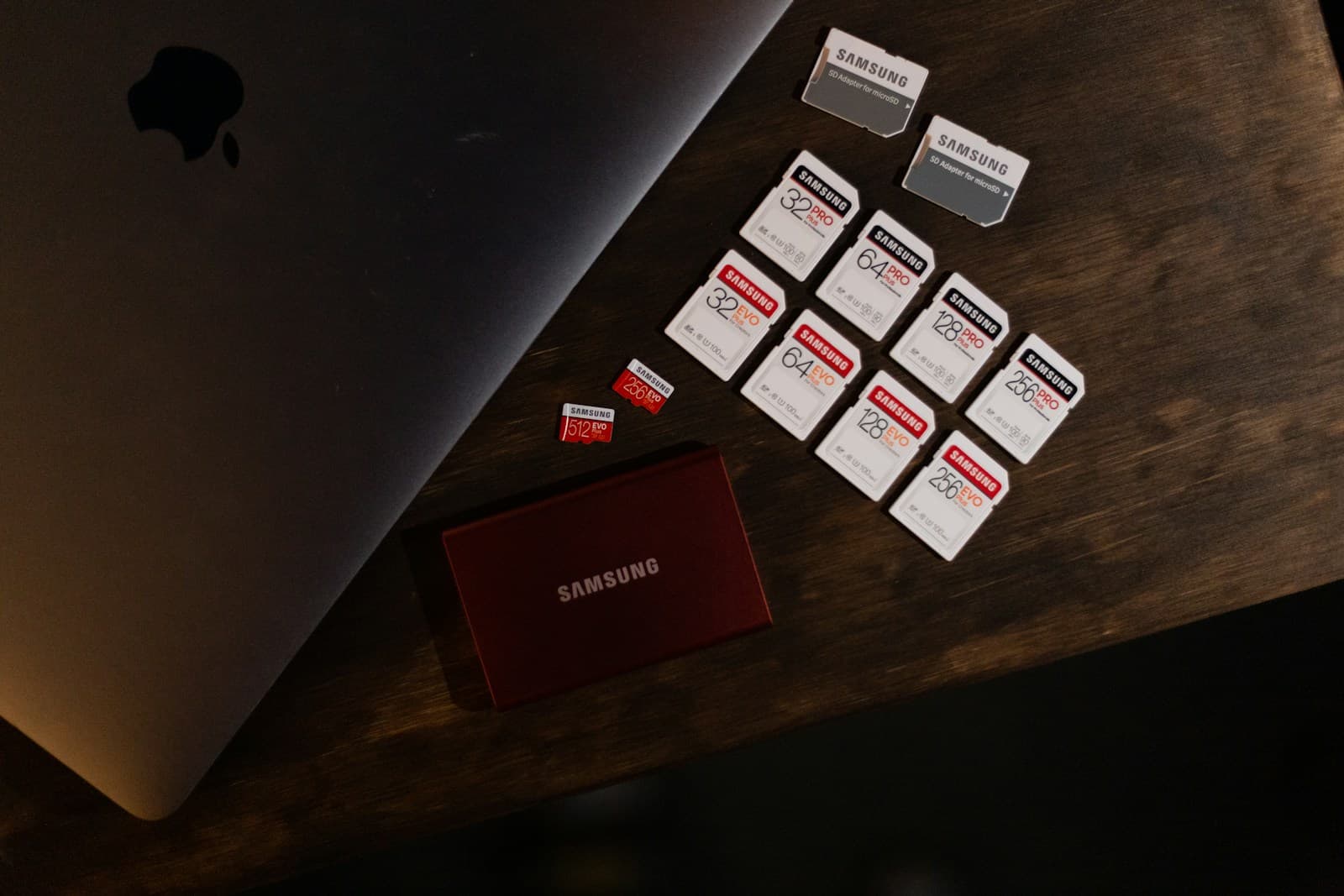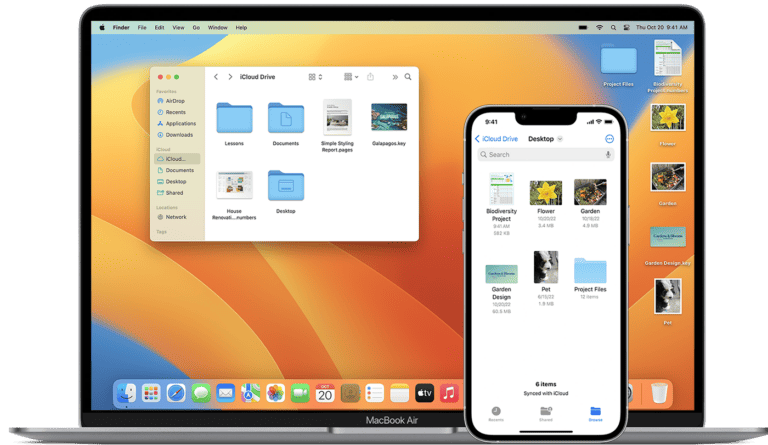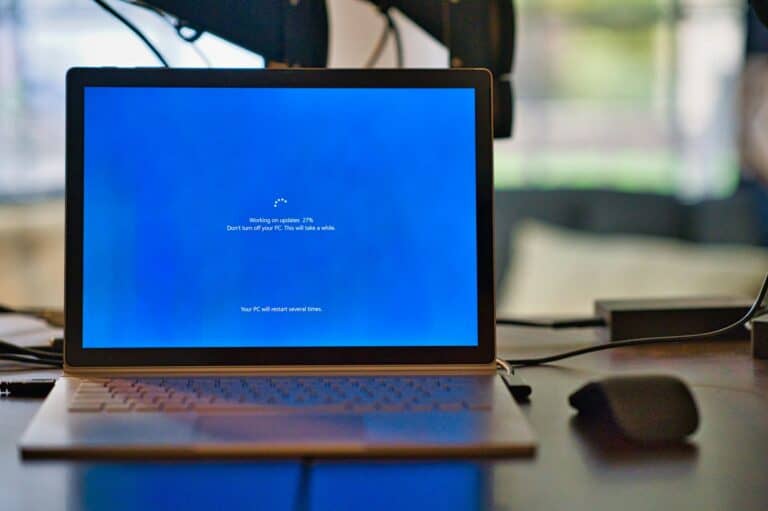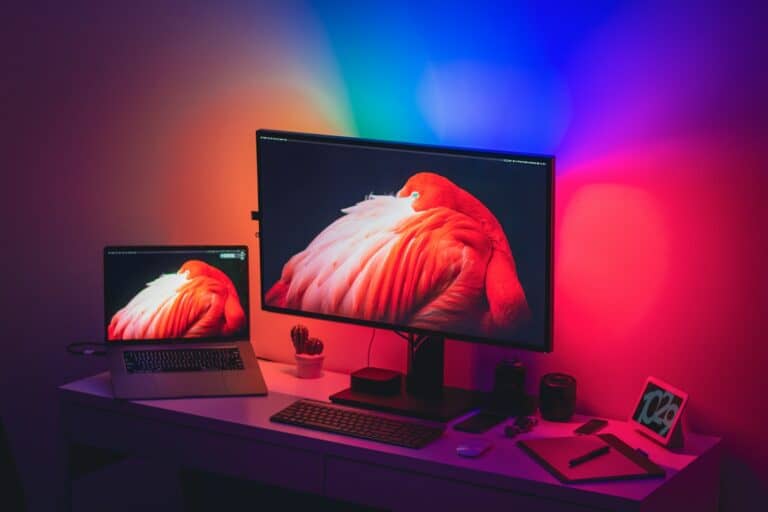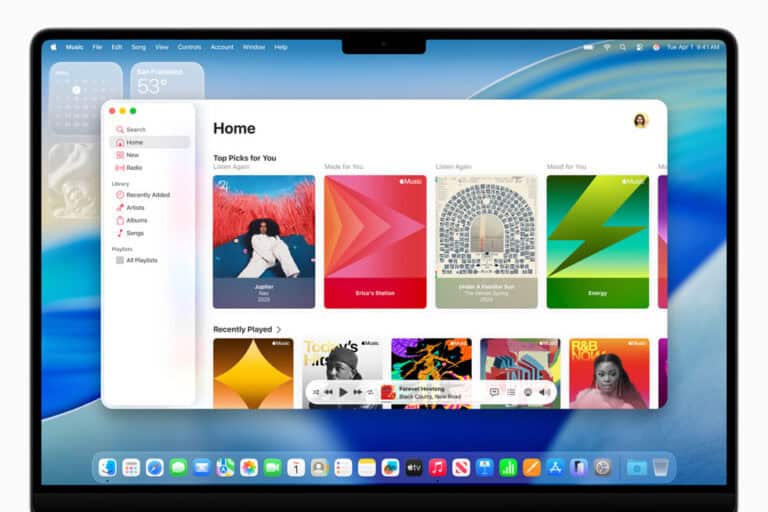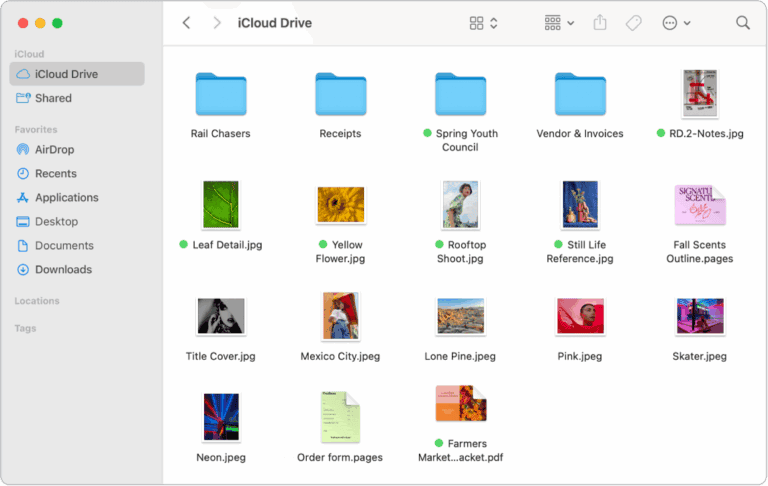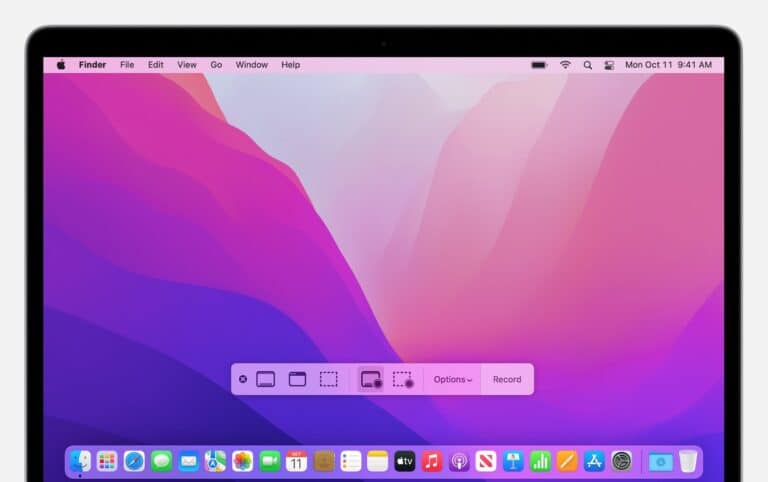If your SD card isn’t showing up on your Mac, you’re not alone. Many Mac users — especially those using newer models like the MacBook Pro M4 or Mac mini M2 — report issues where the SD card isn’t recognized, doesn’t appear in Finder, or won’t mount at all.
This guide will walk you through why your SD card isn’t showing up and how to fix it step by step.
🧭 Common Reasons Your SD Card Isn’t Showing Up
- Dirty or damaged SD card slot
Dust or debris can block the connection pins inside your Mac’s SD slot. - Corrupted SD card or partition table
A damaged file system can prevent macOS from mounting the card. - Unsupported file format
macOS may not recognize certain formats (like ext4 or exFAT with errors). - macOS settings or permissions
Finder preferences or Disk Utility settings might hide the drive. - Hardware or power issues
Some USB-C hubs or card readers don’t supply enough power. - Software bugs
macOS updates (like Sequoia 15.4 or Sonoma 14.5) have caused temporary SD card detection issues on some devices (Apple Community source).
🧰 Step-by-Step Fixes for SD Card Not Showing Up on Mac
1. Check Physical Connections
- Remove and reinsert the SD card carefully.
- Try cleaning the slot with compressed air to remove dust.
- Test the SD card on another computer — if it works there, your Mac may be the issue.
- If using a USB-C hub or external reader, try a different port or adapter.
💡 Tip: Some users report that restarting the Mac with the SD card already inserted makes it appear (source: Apple Community).
2. Check Finder Settings
Your Mac might be reading the SD card, but not showing it in Finder.
- Open Finder → go to Finder > Settings (or Preferences).
- Under the Sidebar tab, make sure External disks is checked.
- Under the General tab, also check External disks under “Show these items on the desktop.”
3. Check Disk Utility
Sometimes, the SD card is detected but not mounted.
- Open Disk Utility (Applications → Utilities → Disk Utility).
- Look for your SD card in the left sidebar.
- If you see it but it’s grayed out, select it and click Mount.
- If it doesn’t mount, click First Aid to repair it.
If Disk Utility can’t repair it, you may need to reformat the card (see Step 6).
4. Reset SMC and NVRAM
Resetting your Mac’s System Management Controller (SMC) and NVRAM can fix hardware detection issues.
To reset NVRAM:
- Shut down your Mac.
- Turn it on and immediately press Option + Command + P + R for about 20 seconds.
- Release the keys and let your Mac restart.
To reset SMC (for Intel Macs):
- Shut down your Mac.
- Press Shift + Control + Option + Power for 10 seconds.
- Release all keys, then power on your Mac.
⚙️ M1, M2, and M3 Macs automatically reset SMC when restarted.
5. Try a Different SD Card or Reader
If none of the above worked:
- Test another SD card in your Mac’s slot.
- If that works, your original card might be corrupted.
- If neither works, try a different SD card reader (like an Anker or SanDisk USB-C reader).
6. Reformat the SD Card (Last Resort)
If the SD card appears in Disk Utility but won’t mount, reformatting can fix it — but this erases all data.
- Open Disk Utility.
- Select your SD card → click Erase.
- Choose:
- Format: exFAT (best for cross-platform use) or MS-DOS (FAT32)
- Scheme: GUID Partition Map
- Click Erase, then Done.
After reformatting, eject and reinsert the card — it should now appear in Finder.
🧩 Extra Troubleshooting Tips
- Update macOS: Go to System Settings → General → Software Update.
- Check System Report:
- Click Apple menu → About This Mac → System Report → USB or Card Reader.
- If your SD card doesn’t appear there, the issue is likely hardware-related.
- Use Terminal to list drives:
diskutil listIf your SD card shows up here but not in Finder, try mounting it manually:diskutil mount /dev/diskX(ReplacediskXwith the correct disk number.)
🧠 When to Replace the SD Card or Reader
If your SD card:
- Works intermittently
- Is unreadable on multiple devices
- Or shows “Read-only” errors
…it may be physically damaged. In that case, replacing it is the best solution.
🔒 Bonus: How to Prevent Future SD Card Issues
- Always eject safely before removing the card.
- Avoid using cheap adapters or hubs.
- Keep your SD cards clean and stored in a protective case.
- Back up your data regularly to iCloud or an external drive.
🧾 Final Thoughts
If your SD card isn’t showing up on your Mac, don’t panic — in most cases, it’s a simple mounting or formatting issue. Start with Finder and Disk Utility checks, then move to resets or reformatting if needed.
If the problem persists even after all troubleshooting, contact Apple Support or visit an Apple Authorized Service Provider — your Mac’s SD card reader may need a hardware inspection.
Related Resources:

